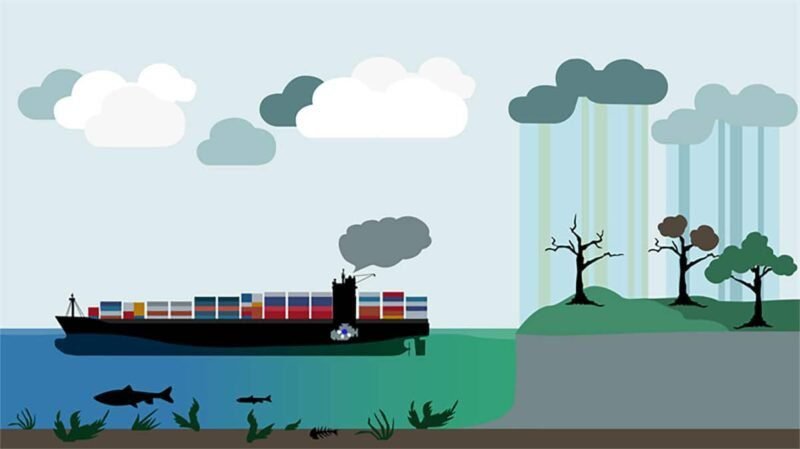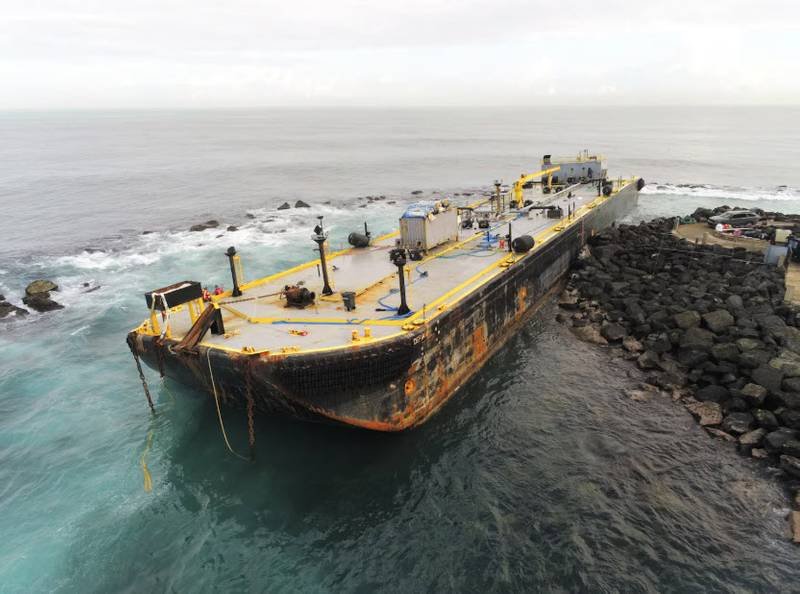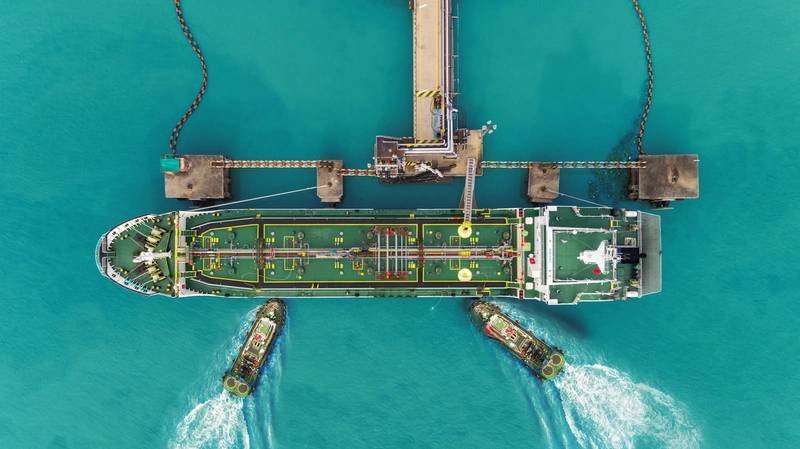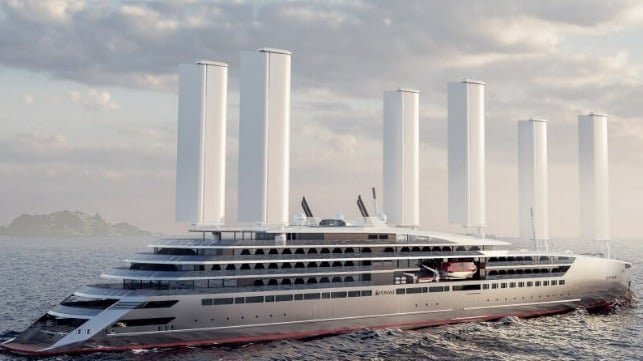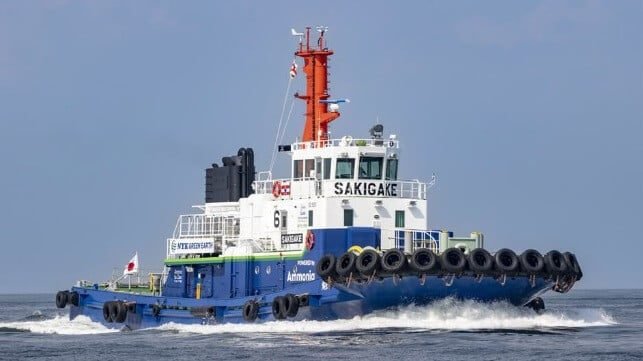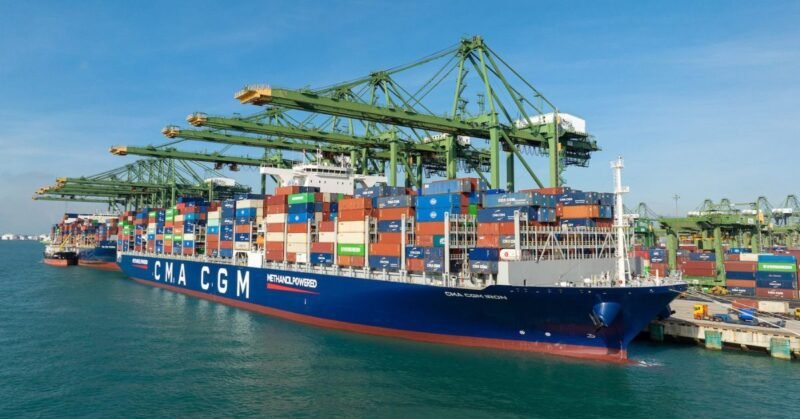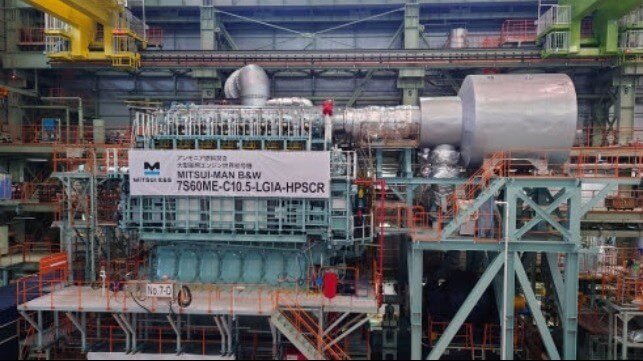Ammonia has been considered a promising alternative to fossil fuels for sustainable marine fuels due to its carbon-free nature and higher energy density than hydrogen. However, a study by Chalmers University of Technology in Sweden found that using ammonia to eliminate carbon emissions in the shipping industry could create new environmental problems, including eutrophication, acidification, and emissions of laughing gas, a potent greenhouse gas. The researchers conducted a life cycle assessment and cost analysis of renewable energy carriers for different types of ships, finding that ammonia and methanol had the lowest cost compared to other alternatives. However, the use of ammonia as a marine fuel has several environmental drawbacks, including air and water quality impacts, toxicity, and safety risks.
The study also highlighted the complexity of finding a non-fossil fuel solution for reducing greenhouse gas emissions in the shipping industry, emphasizing the need for more research and life cycle analyses to develop climate strategies for different types of ships and modes of operation. The researchers underscored the importance of addressing the environmental impacts and risks associated with the use of ammonia as a marine fuel before adopting it for shipping.
The study, published in Applied Energy, emphasized the need for more in-depth risk analyses and assessments of ammonia emissions and related nitrogen compounds before considering a shift to ammonia as a marine fuel. The researchers highlighted the lack of a simple non-fossil fuel solution for all types of ships and emphasized the need for more research and analysis in this area.


